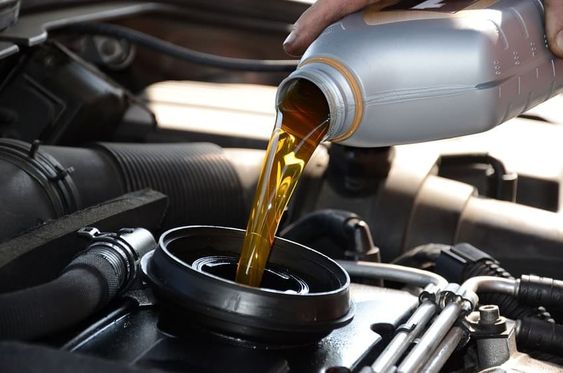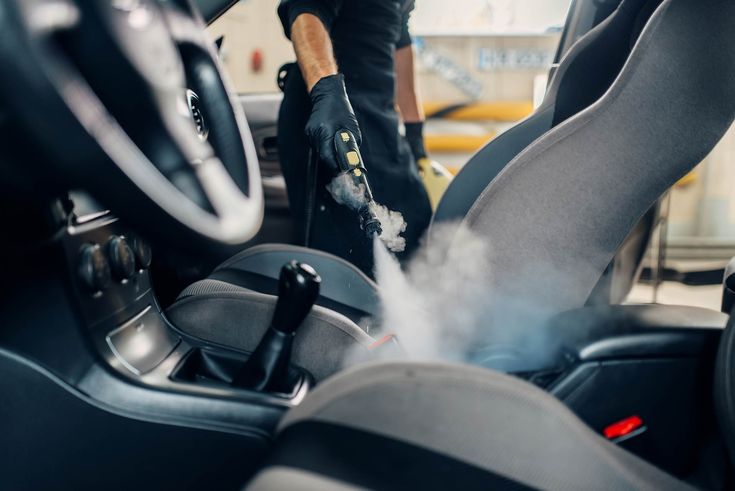Introduction:
Buying a car is a significant investment, and it's crucial to understand the concept of depreciation before making a purchase. Car depreciation refers to the decrease in a vehicle's value over time due to factors like usage, wear and tear, technological advancements, and market demand. While it's an inevitable part of car ownership, understanding how depreciation works can help you make informed decisions about buying, selling, and maintaining your vehicle.

This article will delve into the intricacies of car depreciation, exploring the factors that influence it, how to estimate depreciation, and strategies to minimize its impact. By gaining a comprehensive understanding of this phenomenon, you can navigate the automotive market with greater confidence and make choices that align with your financial goals.
Factors Influencing Car Depreciation:
Several factors contribute to the rate at which a car depreciates. Understanding these factors can help you make informed decisions about the type of vehicle you purchase and how you maintain it.
- Make and Model: Certain car brands and models are known for holding their value better than others. Luxury vehicles, performance cars, and popular models often depreciate at a slower rate.
- Age: As a car gets older, its value naturally declines. The first few years of ownership typically see the most significant depreciation.
- Mileage: High mileage vehicles generally depreciate faster than those with lower mileage. This is because higher mileage indicates more wear and tear on the car.
- Condition: A well-maintained car with a clean history will depreciate at a slower rate than one that has been neglected.
- Market Demand: The popularity of a particular car model can influence its depreciation rate. If demand for a specific model is high, it may retain its value better.
- Technological Advancements: As new technologies emerge, older cars can become less desirable, leading to faster depreciation.
Estimating Car Depreciation:
There are several methods to estimate the depreciation of a car. One common approach is to use online depreciation calculators, which factor in various variables like make, model, year, mileage, and condition. Another method is to consult used car pricing guides, such as Kelley Blue Book or Edmunds, which provide estimated values for different vehicles.
Strategies to Minimize Car Depreciation:
While depreciation is unavoidable, there are steps you can take to minimize its impact:
- Choose a Reliable Make and Model: Opt for vehicles known for their durability and resale value.
- Keep Mileage Low: Drive your car responsibly and avoid unnecessary trips.
- Maintain Your Car Regularly: Perform routine maintenance and address any issues promptly.
- Consider a Certified Pre-Owned Vehicle: Certified pre-owned cars often come with warranties and have undergone inspections, which can help maintain their value.
- Avoid Modifications: Extensive modifications can decrease a car's resale value.
- Store Your Car Properly: Protect your car from the elements and keep it in a secure location.
Conclusion:
Understanding car depreciation is essential for making informed decisions about vehicle ownership. By considering the factors that influence depreciation, estimating its rate, and implementing strategies to minimize its impact, you can navigate the automotive market with greater confidence and protect your investment. Remember, depreciation is an inevitable part of car ownership, but with careful planning and responsible car care, you can mitigate its effects and maximize the value of your vehicle.





